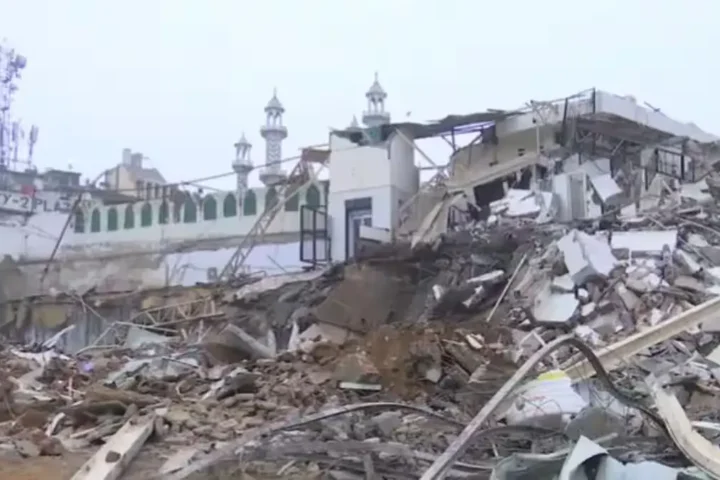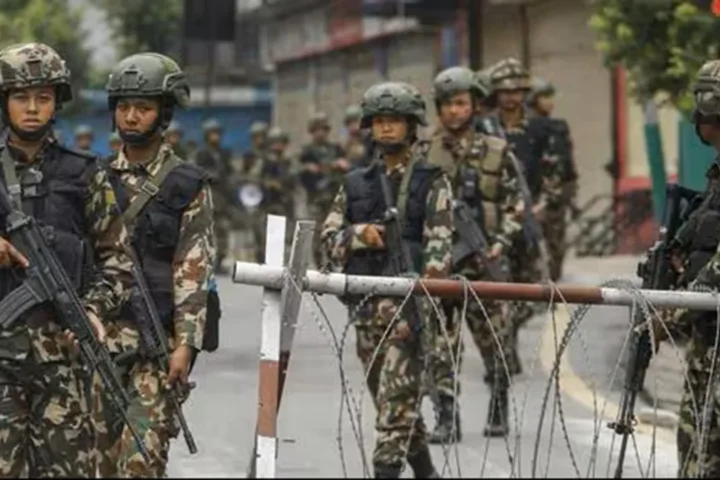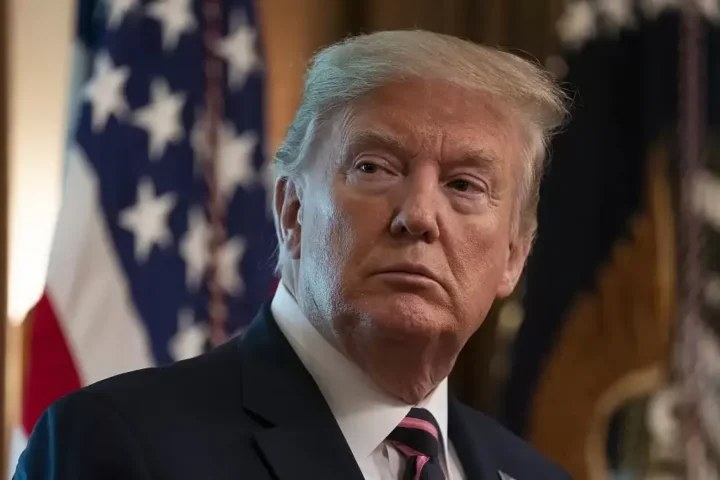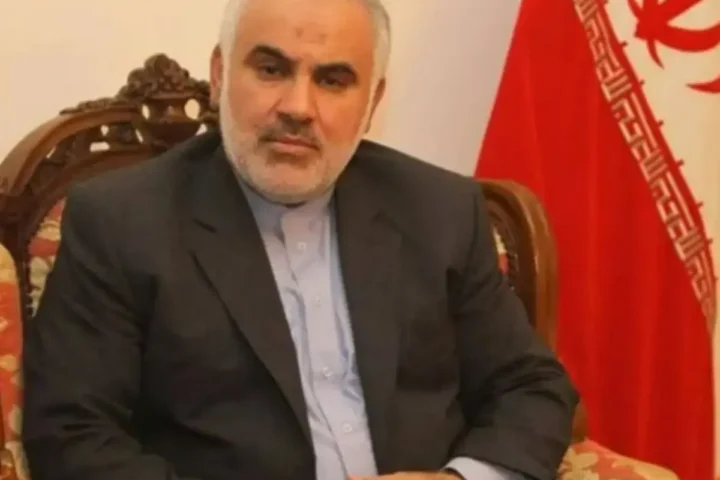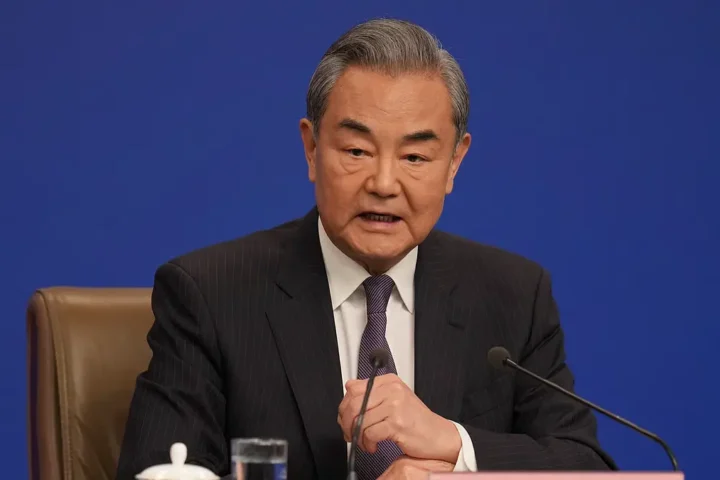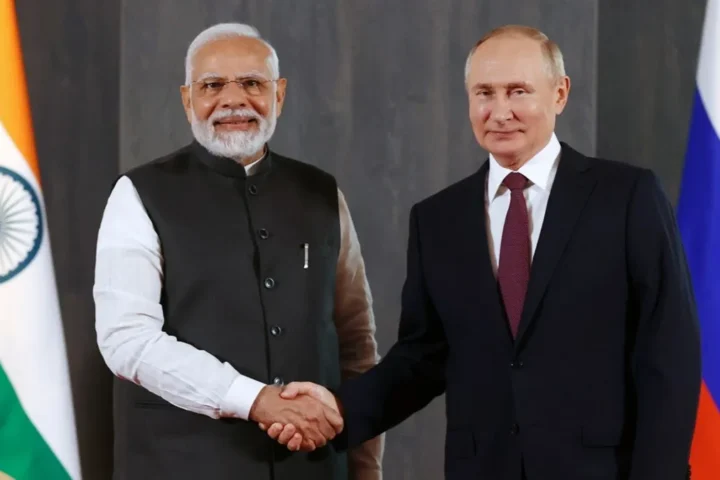Vienna/Tehran – Iran’s underground Fordow nuclear facility has reportedly suffered “very heavy damage” following a powerful US airstrike over the weekend, according to Rafael Mariano Grossi, Director General of the International Atomic Energy Agency (IAEA).
Precision Strike, Maximum Impact
Grossi, speaking at an emergency IAEA meeting in Vienna, confirmed that bunker-buster bombs dropped by US B-2 Spirit stealth bombers likely caused extensive destruction to the Fordow enrichment site near Qom.
“Given the explosive payload used and the extremely vibration-sensitive nature of centrifuges, very significant damage is expected,” Grossi said.
As he spoke, Iranian state media reported renewed attacks on Fordow, intensifying concerns of escalation.
IAEA Demands Access, Warns of Unaccounted Uranium
Grossi called for immediate international restraint and a return to diplomacy. He said the IAEA must be allowed access to Iran’s nuclear facilities to verify and account for uranium stockpiles—particularly 400 kilograms enriched to 60%.
He also revealed that Iran had notified the IAEA on June 13 about “special measures” being taken to protect its nuclear infrastructure, though any transfer of materials from safeguarded facilities must be reported under global nuclear agreements.
Trump Declares Victory, Says ‘Now Is the Time for Peace’
The Fordow strike was part of a broader US campaign targeting three nuclear sites: Fordow, Natanz, and Esfahan.
US President Donald Trump confirmed the operation on Truth Social, calling it a “historic moment for the United States, Israel, and the world.” He added, “All planes are out of Iranian airspace. A full payload of bombs was dropped on Fordow. Congratulations to our great American warriors.”
Trump later reshared a post stating the Fordow site “is gone.”
Interesting Read
India Rushes to Evacuate Students from Tehran Amid War Threat
Bunker buster fallout: Iran’s Fordow facility hit hard in US bombing, says UN nuclear watchdog chief
What’s Next?
As tensions mount, the international community waits to see if Iran will retaliate—or return to the negotiating table. Grossi made clear that without access to Iran’s nuclear program, diplomacy remains on hold.


